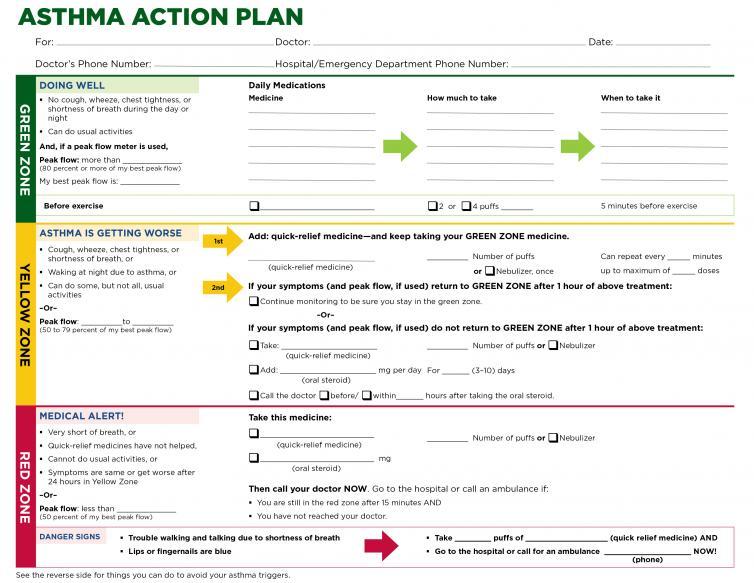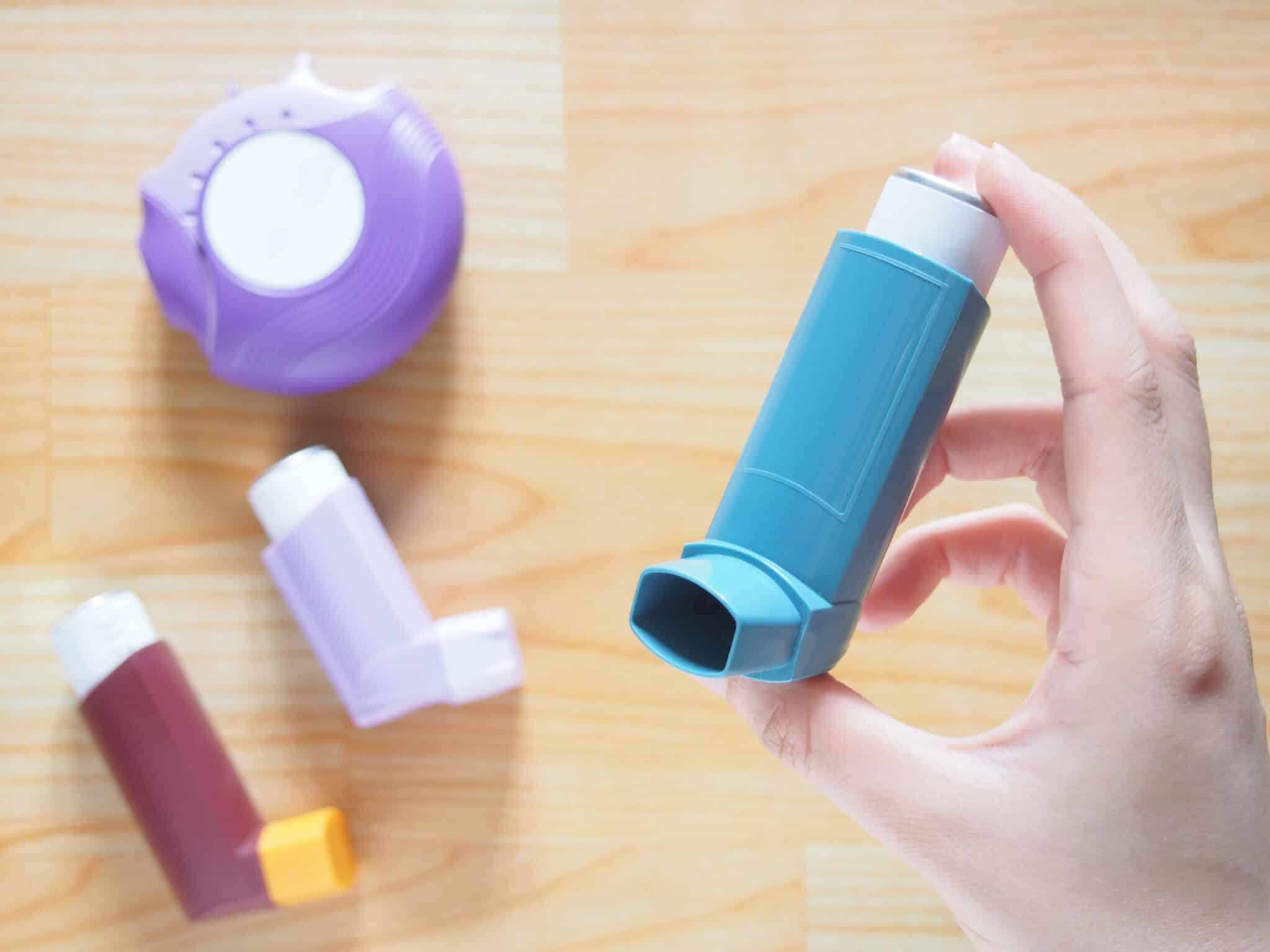Quick-relief inhalers versus controller inhalers: When you or a loved one are having trouble breathing, do you know which asthma medication to reach for? With so many inhalers available these days, sometimes it can be confusing which inhaler to use. Asthma is a common condition, affecting more than 25 million American children and adults. But if not properly controlled, asthma can interfere with school, work, exercise, and overall health. Each year, nearly half of people with asthma will develop a serious flare of symptoms that requires urgent treatment. Inhaled medications are some of the most important treatments for asthma: taking the right inhaled medication can control asthma symptoms, reduce the risk of asthma exacerbations, and improve overall quality of life.
If you have asthma, your doctor has probably prescribed you one or more different types of inhalers. The two main types of inhalers are “quick-relief” inhalers and “controller” inhalers:
Quick-Relief Inhalers
Quick-relief inhalers are short-acting medications (such as albuterol or levalbuterol) that temporarily relieve wheezing and shortness of breath. They might help stop a mild asthma flare, but quick-relief inhalers do not prevent serious asthma attacks, and they do not provide long-term protection; if you are taking multiple puffs of a quick-relief inhaler in a single day, you need to see your physician to change your asthma medications. For some types of asthma, quick-relief inhalers can also be used before exercise; talk to your doctor before attempting this.
Controller Inhalers
Also called “maintenance” or “long-term preventative” inhalers, controller inhalers are taken every day on a long-term basis to improve control of asthma, improve asthma symptoms, and help prevent asthma attacks. Controller inhalers are inhaled corticosteroid medications that reduce and prevent asthmatic inflammation in the lungs. (The inhaled corticosteroids used to treat asthma are not the same as the steroids that some athletes take illegally. Inhaled corticosteroids for asthma are used at a low dose and rarely cause any side effects.) Because controller inhalers take a few days to start working, you will not feel any benefit from taking controller inhalers right away – so, it is very important to take these medications regularly, even if your asthma is under control (and don’t stop controller inhalers during an asthma flare!). Controller inhalers taken every day are the primary asthma treatment for all but the mildest types of asthma.
The Asthma Action Plan
One of the best ways to know which asthma medications you need to take is to review your asthma action plan. An asthma action plan (like the blank one below, courtesy of the NHLBI) is a written plan created by your doctor that details which medications you should take at what time, based upon your current symptoms and level of asthma severity. If you don’t have an asthma action plan or if yours is out-of-date, see your doctor to update your asthma medications and review your personalized asthma action plan.
Is your asthma as well-controlled as it could be? See one of our board-certified allergy physicians at McGovern Allergy and Asthma Clinic to discuss improving your asthma today: call 713-661-1444 to schedule an appointment or click the link to request one online. https://mcgovernallergy.com/request-an-appointment-online/


